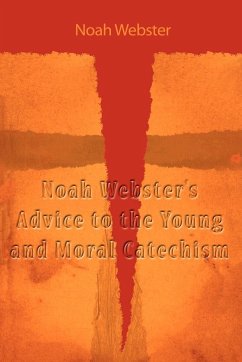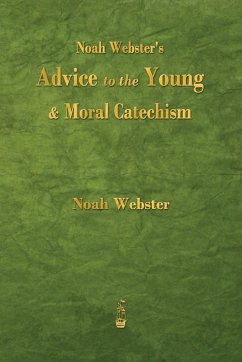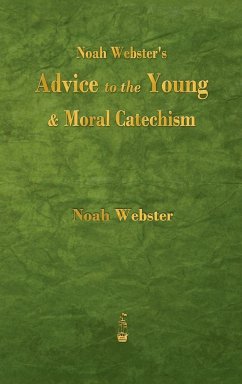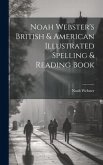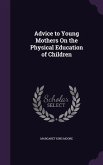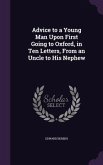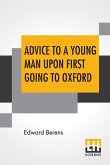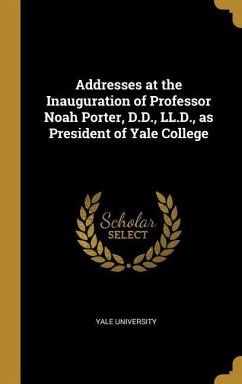This book contains two documents which Founder Noah Webster wrote to enlighten the minds of youth in religious and moral principles and restrain some of the common vices of our country. The moral catechism uses a series of questions to teach children qualities such as honesty, generosity, gratitude, and more. Written originally for youth, these works are invaluable today for all ages.

